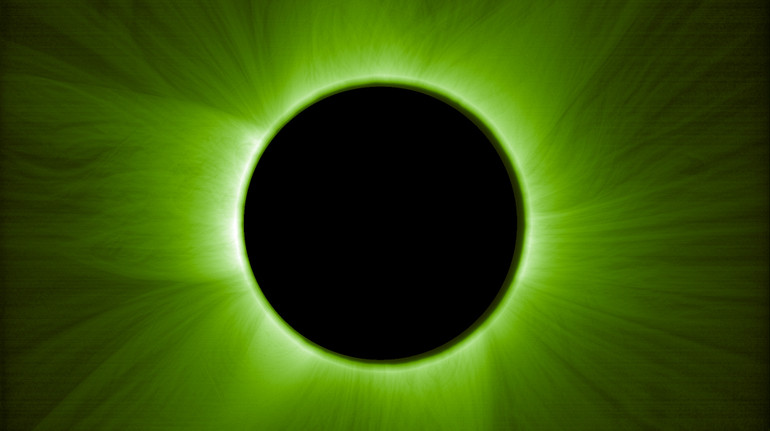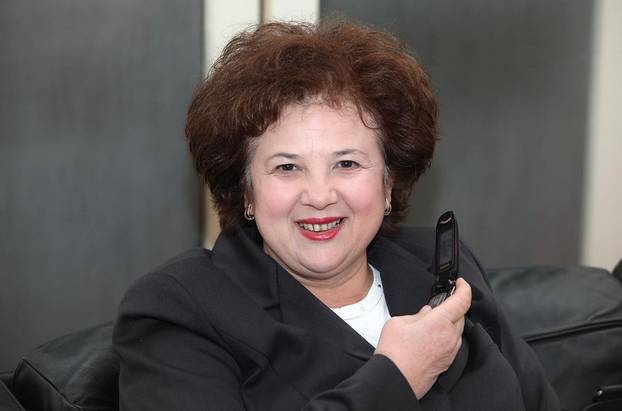The planet can be thrown into a month. Some in a collision hoping

The 2024 YR4 planets are on its way to the edge of the solar system.
If this planet was thrown into the ground, it could destroy one big city.
Planet 2024 yr4 However, it does not aim at our planet, although it first seemed. According to the latest observations, the goal may be a month earlier.
Based on new observations from Webb’s telescope now, scientists from NASA The likelihood of a body collision with the month of 2032.
The collision with the Milky Way were almost sure, new calculations give our galaxy a chance Read
Earth outside of threat
Planet (asteroid) 2024 yr4 Scientists discovered only December 27, 2024. At the beginning there was a little chance that in 2032 it would hit the ground. The probability of a collision was about three percent.
The space body has a diameter of about 53 to 67 meters. To compare the aircraft Boeing 747 It has a wingspan of 65 meters.
Such large planets tend to be referred to as « killer places ». They do not pose a worldwide risk. During the collision, they would damage local infrastructure, lead to fires or tsunami waves when falling into the ocean.
In further observations, the risk of collision with the ground was reduced to zero. However, it has been shown that a roughly three percent risk of collision is at risk of our natural satellite. However, recent observations have increased this risk to about 4.3 percent.
« It is normal that the likelihood of impact is changing with increasing data, » NASA representatives write in a statement.
 Asteroid 2024 YR4 captured by Webb telescope. (Source: SITA/AP)
Asteroid 2024 YR4 captured by Webb telescope. (Source: SITA/AP)Hopes in a collision
For a month, such a collision would not be devastating, nor would it change its orbit. However, a new impact crater would be created on the lunar surface.
Object 2024 yr4 It is currently on its way to the edge of the solar system. Another close flight in our neighborhood will not only occur in December 2028. NASA is already planning further observations that can increase or reduce the risk of collision.
Some scientists would welcome a collision with the Moon.
“We keep our fingers crossed for the moon,” He said in March for New Scientist Physicist Alan Fitzsimmons who did not participate in observations.
« It would have no effect on the ground, but it would allow us to study the emergence of a monthly crater known asteroid for the first time. »








